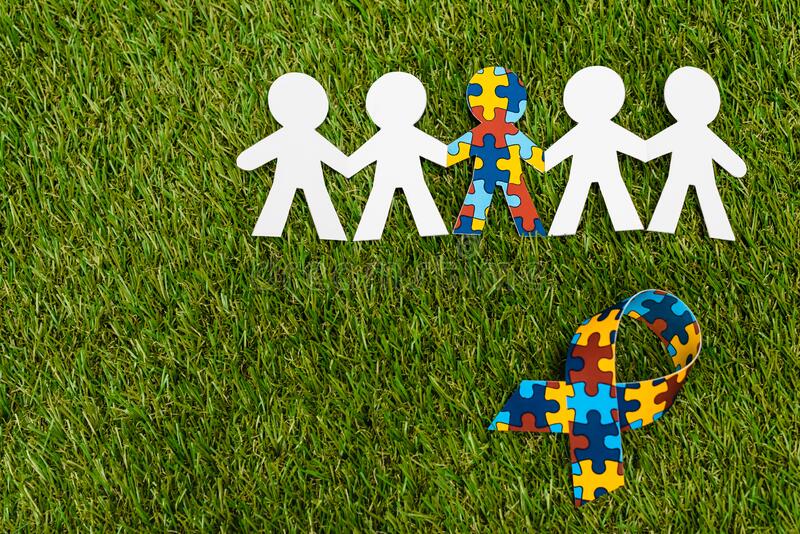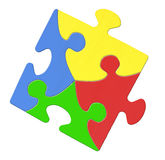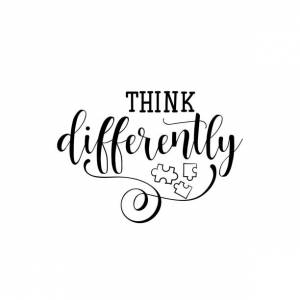The Individual who has Autism
11 February 11:30H Posted by James Ogle MSW, LCSW
In my experience, autism is one of the most misunderstood disabilities in America. When people hear the word autism, they may characterize a person who has autism as someone who lives in their own world and does not have any interest in social connection. I believe that perception is mistaken. A person who has autism is just like everyone else; however, they do experience the world differently.
To understand a person who has autism, one needs to understand how people learn social rules. If you have ever watched young children play at a park in the sandbox, they tend to watch each other and imitate behaviors. Young children also learn to focus on the task at hand. Older children learn that certain behaviors are not appropriate by observing the facial expressions of the person with whom they are interacting. When interacting with people, most individuals have the ability to filter out noise, strong lights, and/or other senses. I have worked with many parents who have children that struggle with autism. These parents often compare autism to a forest. Most people are able to clump the trees together and see the whole forest. An individual who has autism sees every tree, branch, and leaf. They are unable to clump the trees together and see the whole forest. As another example, you may have had the experience of attending a baseball game or concert. You likely have the ability to filter out the noise and have a conversation with the person seated next to you. An individual who has autism is unable to filter out noise, light, smells, or touch.
When an individual who has autism plays with another child in the sandbox or experiences some other social interaction, it may feel like a strobe light is going off and a rock concert is playing as they try to talk to another person. As a result of the challenges a person who has autism experiences when filtering sensory information, they struggle to interpret social cues. This is often why an individual who has autism may make inappropriate comments when interacting with others. As they age, persons who have autism can be left behind by their peers because they struggle to interpret social cues and are unable to learn more sophisticated social behaviors. If you know or meet an individual who has autism and you see that they miss a social cue or engage in inappropriate behavior, it is best not to correct the behavior. Instead, ask that person what they thought the other individual was saying and assist them to correctly interpret the social cue. By having patience and trying to understand the person who has autism’s perspective, you will find they are wonderful people to know. These individuals can contribute greatly to this world if we show patience and spend time getting to know them, from their perspective.
James Ogle, MSW, LCSW
Jim Ogle, MSW, LCSW
 Jim is a Licensed Clinical Social Worker (LCSW) who earned his Master’s degree in Social Work from Boston College. Having grown up in the North Shore area, Jim brings a familiarity of the community to the practice. He has been with Attention to Wellness for over a year and has over 16 years’ experience working with both adolescents and adults.
Jim is a Licensed Clinical Social Worker (LCSW) who earned his Master’s degree in Social Work from Boston College. Having grown up in the North Shore area, Jim brings a familiarity of the community to the practice. He has been with Attention to Wellness for over a year and has over 16 years’ experience working with both adolescents and adults.
Jim has provided treatment in a variety of clinical settings to adolescents, adults, and families experiencing depression, anxiety, conduct issues, and other mood disorders. He brings six years’ experience working in court systems with youth on probation who were at risk of being removed from their home, and their families. Jim also brings experience providing anger management and drug counseling groups within multiple schools. Currently, Jim also works at a high school providing social work services to students who have an Individualized Education Program.
Jim’s approach with both adolescents and adults incorporates techniques from strengths-based, Cognitive Behavioral Therapy/Dialectical Behavioral Therapy (CBT/DBT), Motivational Interviewing, and Structural Family Therapy to help clients identify and eliminate barriers that inhibit them from achieving their goals.
Learn More About Us
Follow us on Facebook





Add Comment